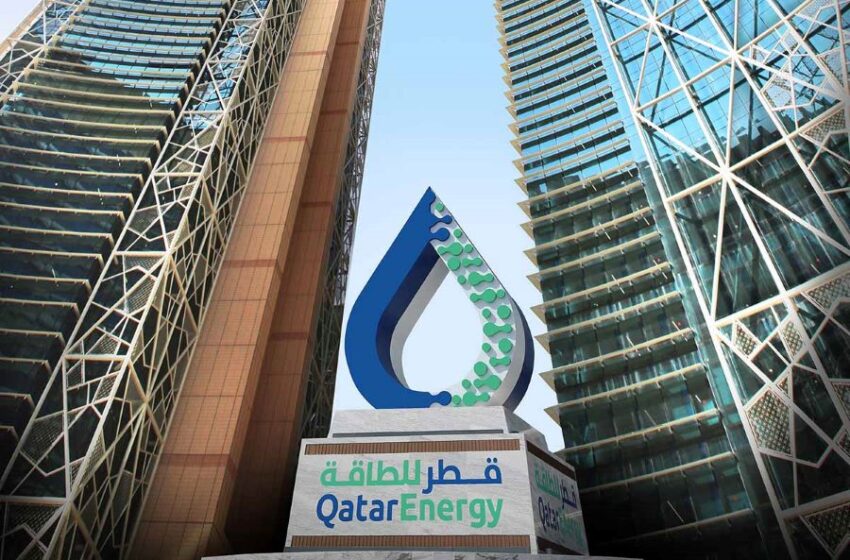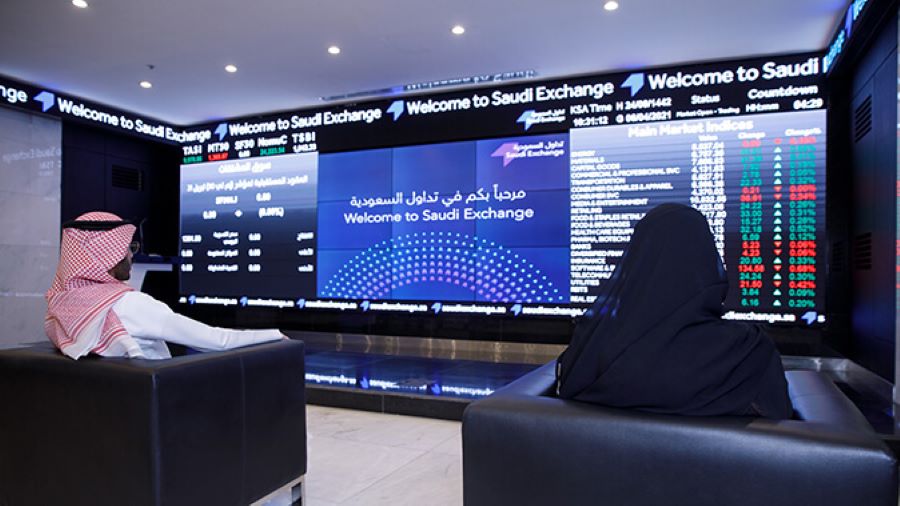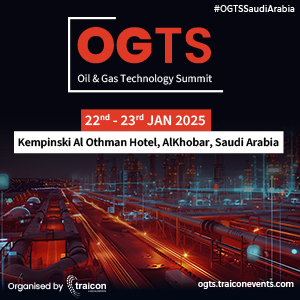
QatarEnergy Acquires 23% Stake in Egypt’s North El-Dabaa Block
QatarEnergy, a fully integrated state-owned energy corporation, on Monday signed an agreement with Chevron to acquire a 23% working interest in the concession agreement for the North El-Dabaa (H4) Block, in the Mediterranean Sea offshore Egypt.
Pursuant to the agreement, QatarEnergy will acquire a 23% interest, while Chevron (the operator) will retain a 40% interest. The other partners on the block are Woodside with a 27% interest and Tharwa Petroleum Company, an Egyptian state company, with a 10% interest.
Saad Sherida Al-Kaabi, Qatar’s Minister of State for Energy Affairs, and the President and CEO of QatarEnergy , said that this agreement demonstrated their commitment to the oil and gas sector in Egypt , and further strengthens their partnership with QatarEnergy’s valued partner Chevron.
“We look forward to the drilling of the first exploration well on this block and to a successful and promising outcome. I would like to take this opportunity to thank the Egyptian authorities and our partners Chevron, Woodside, and Tharwa Petroleum for their support,” he added.
The North El-Dabaa (H4) Block lies about 10 km offshore the Egyptian Mediterranean shore at water depths ranging between 100 meters and 3,000 meters.
QatarEnergy’s Second Deal
This is not QatarEnergy’s only recent acquisition in Egypt as the firm also inked a deal with another US giant – ExxonMobil – to enter the Cairo and Masry concession agreements blocks in Egypt’s waters in May. The two blocks cover an area of approximately 11,400 sq. km in water depths of 2,000 meters to 3,000 meters.
It may be recalled that Egypt’s Minister of Petroleum and Mineral Resources Karim Badawi shared his ambitious plan in July this year to boost investment in hydrocarbon exploration in the country, as part of which 110 oil and gas exploration wells are expected to be drilled in 2024 and 2025. Furthermore, the drilling of 586 exploration wells is on the agenda until 2030, combined with field development to drill 586 oil and gas wells by 2030, as well as scaling up renewables.











